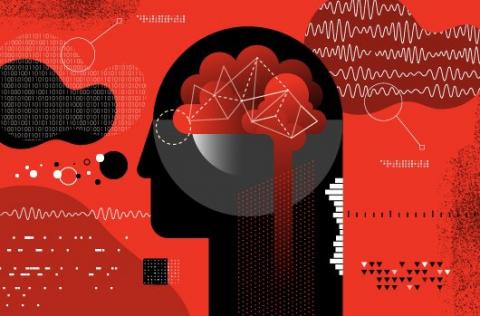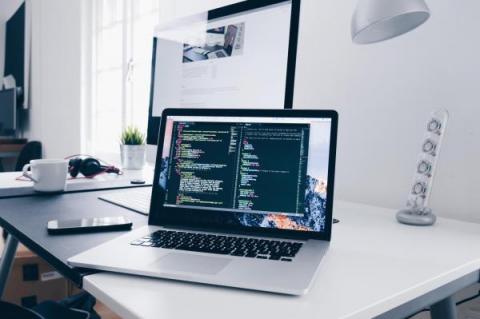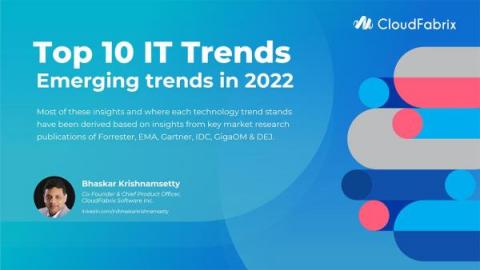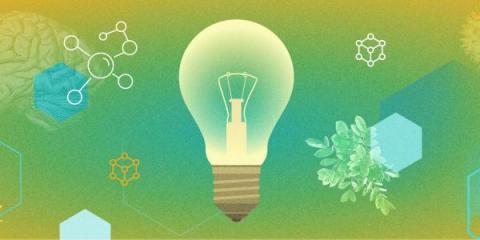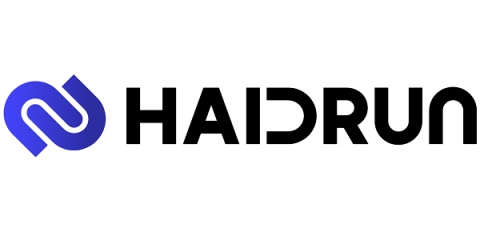How Human Intelligence Is Supercharging CrowdStrike's Artificial Intelligence
There is a new trope in the security industry, and it goes something like this: To keep yourself safe, you need an AI-powered solution that can act on its own, and to do that, you need to keep those pesky humans away from it. As a practitioner with a track record of bringing AI to cybersecurity — not because marchitecture demands it these days but because of its actual utility to solve security problems — I find this characterization puzzling.


